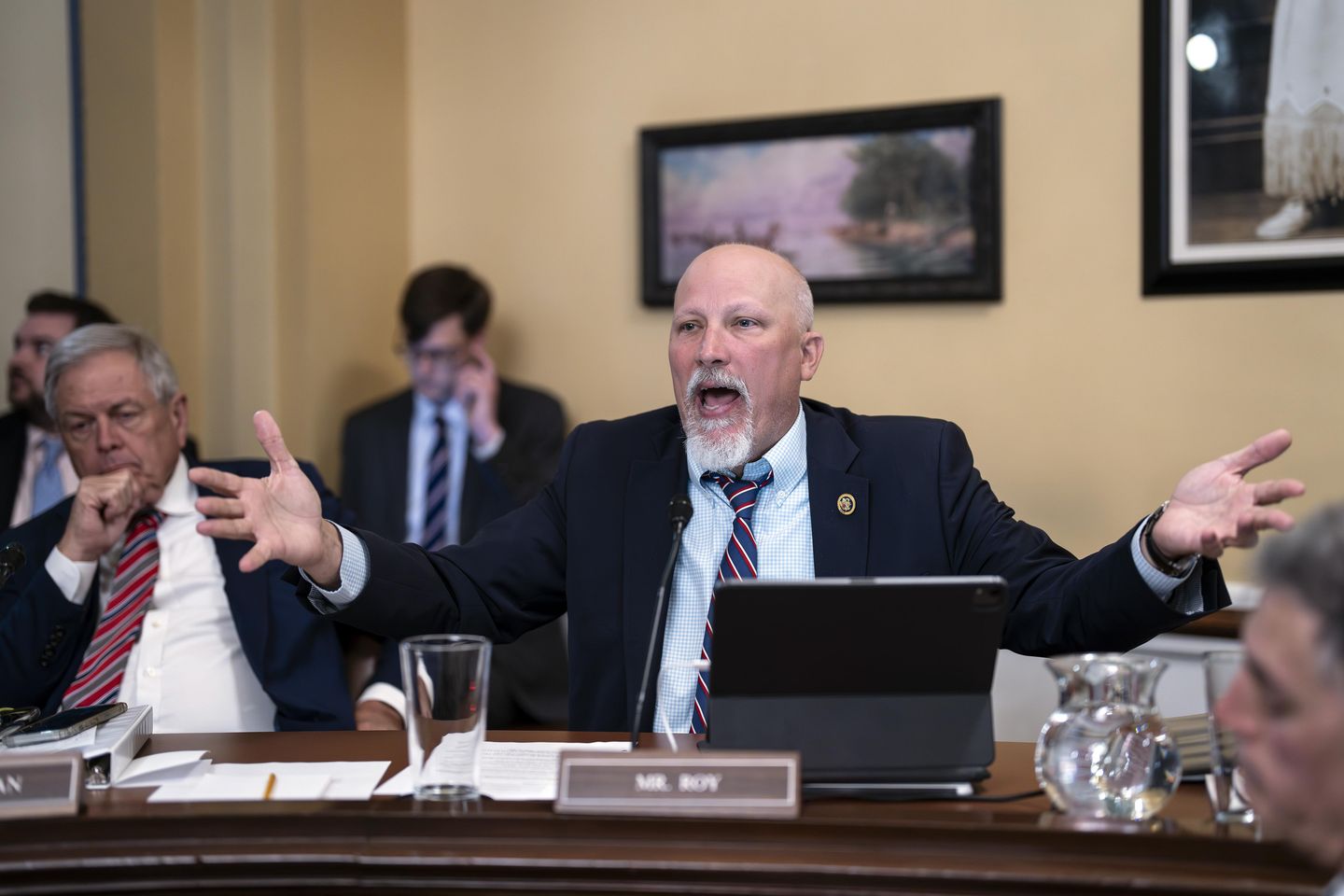House Republicans are facing a crucial decision as they prepare to discuss the annual defense policy bill this week. They must decide whether to prevent amendments that could potentially weaken bipartisan support for the legislation or to allow votes on issues that could turn the bill into a tool for partisan messaging.
The defense policy bill, also known as the National Defense Authorization Act (NDAA), is a critical piece of legislation that sets the budget and policies for the Department of Defense. It covers a wide range of issues, from military funding to personnel policies to procurement decisions. It is typically one of the few pieces of legislation that passes with strong bipartisan support each year, as both parties recognize the importance of providing for the nation’s defense.
However, the bill is also a target for lawmakers looking to advance their own agendas or score political points. In recent years, amendments on controversial issues such as border security, climate change, and military intervention have been proposed and debated during the NDAA process. While some of these amendments may have merit on their own, they can also be used as a way to force members to take difficult votes and create political divisions within the party.
House Republicans, who are in the minority in the chamber, have a particularly tough choice to make this year. With Democrats in control of the House, they have limited power to shape the bill and are often at the mercy of the majority party’s agenda. This leaves them with the decision of whether to try to work with Democrats to pass a clean NDAA or to use the bill as a platform to push for their own priorities.
One of the key issues at play in this year’s NDAA debate is the situation in Ukraine. The bill includes provisions to provide military assistance to Ukraine as it faces ongoing aggression from Russia. House Republicans have been vocal in their support for Ukraine and have called for strong measures to counter Russian aggression. However, some Democrats have raised concerns about the potential for escalating tensions with Russia and have proposed amendments to limit military aid to Ukraine.
Another hot-button issue that could come up during the NDAA debate is the relationship between the United States and Israel. The bill typically includes provisions to support military aid to Israel and strengthen the partnership between the two countries. However, some Democrats have criticized Israel’s policies towards the Palestinians and have called for conditions to be placed on US military aid to Israel. House Republicans are likely to oppose these efforts and could use the NDAA debate as a way to show their support for Israel.
In addition to these foreign policy issues, the NDAA debate could also touch on domestic policy issues that are important to both parties. For example, there may be amendments proposed to address the military’s response to sexual assault, improve benefits for veterans, or increase funding for defense research and development. While these issues are important in their own right, they could also become flashpoints for political debate and potentially derail the larger NDAA process.
House Republicans are also facing pressure from outside groups to take a stand on certain issues during the NDAA debate. Conservative organizations have been pushing for amendments to restrict transgender individuals from serving in the military, while progressive groups have been advocating for amendments to address climate change and racial equity in the armed forces. These groups see the NDAA as a prime opportunity to advance their agendas and are urging lawmakers to take bold action.
Ultimately, the decision of whether to allow controversial amendments during the NDAA debate will come down to House Republican leadership. They will need to weigh the potential political fallout of allowing divisive votes against the importance of passing a clean NDAA that provides for the nation’s defense. It will be a delicate balancing act, requiring them to navigate the competing demands of party unity, national security, and political expediency.
As House Republicans prepare to take up the annual defense policy bill this week, they must carefully consider the implications of their choices. The decisions they make will not only shape the outcome of the NDAA debate but also have far-reaching consequences for the nation’s defense and security. It is a weighty responsibility that they must shoulder with care and prudence, knowing that the stakes are high and the consequences of their actions will be felt for years to come.









